Kiss me, I’m Irish (but don’t botch my name)! The pronunciation of Irish names, often influenced by various dialects and regional accents, can be perplexing due to the language’s unique spelling rules. Amid the recent Saint Patrick’s Day celebrations, an expert revealed ways to help correct Irish name mispronunciations.
Tadhg, Fiachra, Oisín, Aoife, Caoimhe, Órlaith, Fionnuala, Sadhbh, Eibhlín, Donnacha. No, these aren’t typos or gibberish. These are real names from Ireland.
Due to the Irish language (Gaelic) using the same Latin alphabet letters as English but having them represent different sounds with different spelling rules, Irish names can lead to confusion when spelling or reading them.
Irish names, influenced by Gaelic pronunciation and unique spelling rules, can be challenging to pronounce correctly
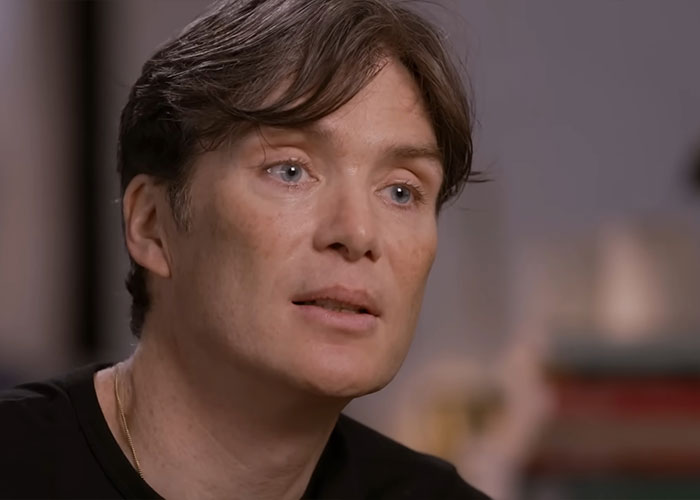
Image credits: 60 Minutes
CNN featured an explanation from Irish language and culture expert Darach Ó Séaghdha, author of the books “Motherfoclóir” and “Craic Baby.”
As a result of the 2024 Oscars’ winning movie Oppenheimer, let’s start with Cillian (for Cillian Murphy). The first thing to remember is that there’s no K in the traditional Irish alphabet, Darach explained.
According to the expert, when you see an Irish name beginning with C, it’s always a hard C. As a result, Cillian is pronounced “Kill-ee-an.”
That same C rule goes for the boys’ names Cían (Kee-an) and Ciarán (Keer-awn), as well as the girl’s name Ciara (Keer-ah).
Irish language expert Darach Ó Séaghdha clarified the pronunciation of Irish names like Saoirse Rona

Image credits: Vogue
Keeping with the theme of famous Irish actors, Saorsia (for Saoirse Ronan) is pronounced differently according to regions and accents.
Nevertheless, the typical girl’s name, which means freedom, first became popular in the newly independent Ireland of the 1920s and has most commonly been pronounced “Sorsha” or “Seersha,” as per Darach.
Meanwhile, the apostrophe you see on the O of Irish surnames, the expert explained, is an Anglicization of a “síneadh fada,” an acute accent slanting to the right.
A fada above a vowel means the vowel should be pronounced “long,” which is what fada means in Irish.
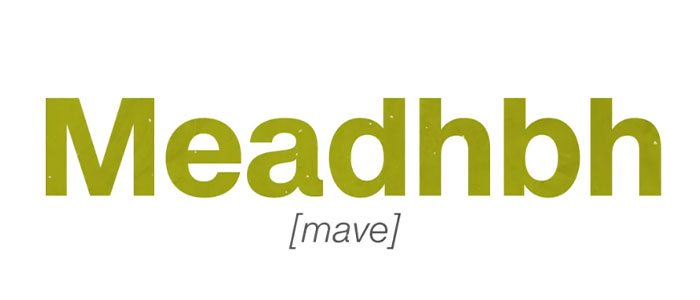
Fadas are often dropped in English, but in Irish pronunciation, they are crucial, the author said before using the first name of Irish-American talk show host Conan O’Brien as an example.
When anglicized, it’s “Co-nin,” but with native pronunciation, Conán is “Co-Nawn.” Likewise with Ronan (Ro-Nin) and Rónán (Ro-Nawn) – which, incidentally, means “baby seal.”
Darach moved to Siobhán, which in modern times is Shiv, as some may recognize the name from the TV show Succession because of a character played by Australian actor Sarah Snook.
In modern times, the name Siobhán undergoes the pronunciation shift to “Shiv”
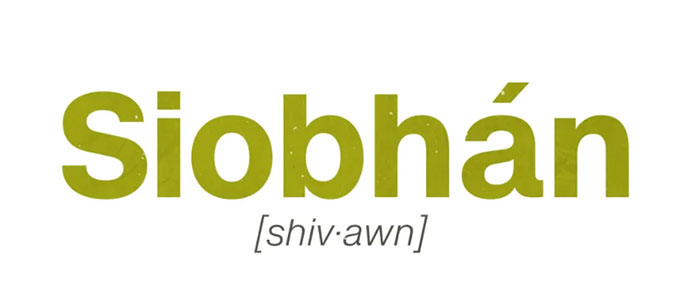
Siobh becomes “Shiv” because in Irish, “you’ve got broad vowels and narrow vowels,” Darach said.
He added: “When an S is next to a broad vowel like an A or an O, it sounds like ‘Sss,’ but when it’s next to a narrow one like I, it’s ’Sh.’” It’s called the “caol le caol” rule.
Moreover, because fadas are dropped in English, Darach said that a quick hack was often to “look at the Hs.” If an H comes after another consonant, it’s usually softening it. ‘Bh’ and ‘mh’ are often treated like a single letter and pronounced ‘v,’ hence Siobhán.
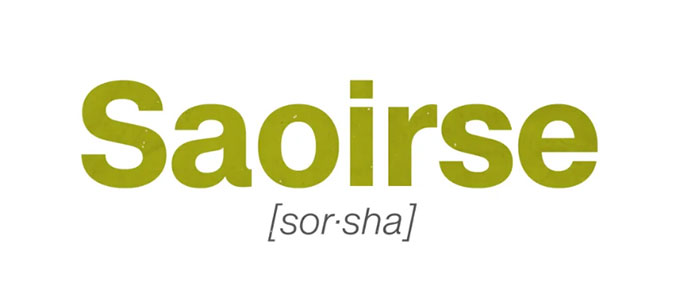
St. Patty’s Day should really be Pádraig, pronounced “Paw-rig”
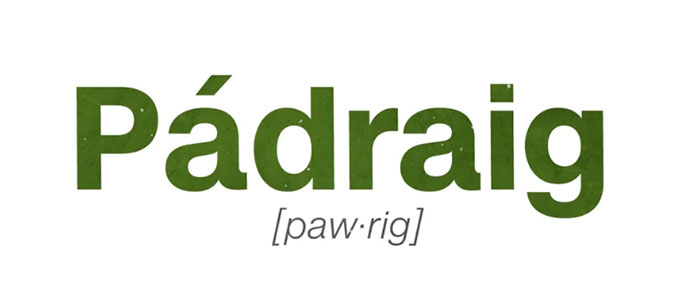
CNN went on to list more complex girl names, including Dearbhla (Dervla), Aoibheann (Aveen), Caoimhe (Queeva or Keeva), Sadhbh (Sive), Ailbhe (Alva), and Niamh (Neeve).
The expert moved to analyze Saltburn star Barry Keoghan’s name, pronounced “Barry Kyo-Gann’ with a hard “g,” although it typically sounds more like “Kyo-ann.”
Irish names can often include silent letters, such as with the girl’s name Fiadh, pronounced “Fee-ah.”
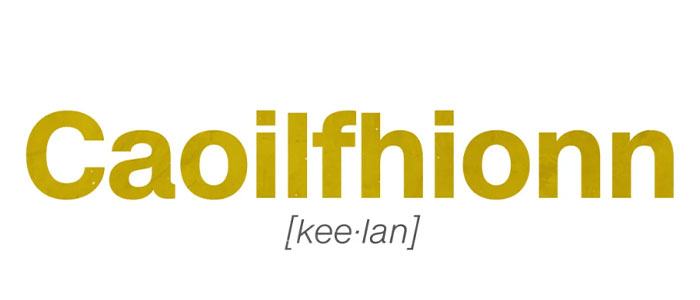
An Irish name beginning with C, is always a hard C, such as with Cillian pronounced “Kill-ee-an”
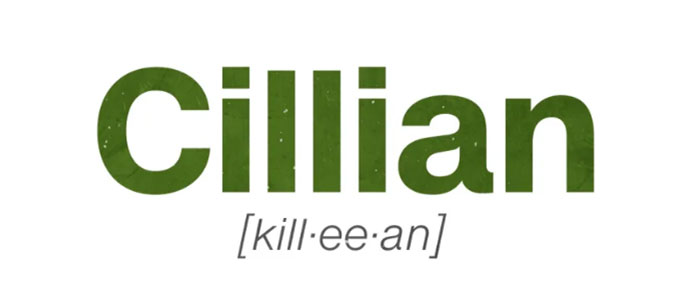
“In the late 20th century, popular Irish names tended to come from mythology, Deirdre, Niamh, Oisín, and Gráinne, but in the 21st century, there’s been a shift towards adjectives and nouns,” the author said.
Another surprising mention is the name Caoilfhionn, which is simply pronounced “Keel-an.”
“The ‘fh’ is the very hardcore version” of this unisex name, Darach explained.
As for St. Patty’s Day, it should really be Pádraig, pronounced “Paw-rig” or “Pawd-rig,” which is the Irish version of the anglicized name Patrick.
The post “Kill-ee-an”: In Case You’re Not Fluent In Gaelic, Here’s How You Actually Pronounce Irish Names first appeared on Bored Panda.
from Bored Panda https://ift.tt/QT1Jn9s
via IFTTT source site : boredpanda